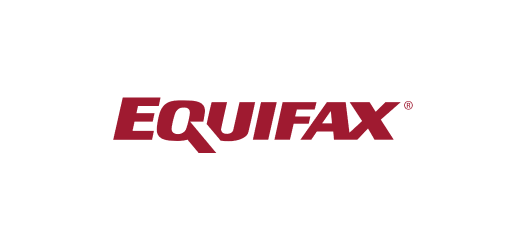Rate Expectations: Balancing Risk When Interest Dips
Abstract: The 2024 Canadian Lenders Summit panel, “Rate Expectations: Balancing Risk When Interest Dips” moderated by Kevin Carmichael of The Logic, examines how economic shifts, particularly changes in interest rates and regulations, impact financial decision-making and risk management. Topics include Bank of Canada policy, the future of mortgage rates, and balancing growth with consumer financial strain. As fintech innovation and data-driven solutions evolve, the panelists discuss strategies to adapt to shifting consumer expectations while managing risk in volatile markets. 👉 Check out the full video here. 👀
How to navigate economic shifts amidst rising risks?
Naga: Managing risk in uncertain times is challenging, especially with shifts in rates, tariffs, and policies from the U.S. affecting Canada. For now, we’re in “wait and see” mode. Rate cuts are likely, but the long-term impact remains uncertain.
Bob: There are multiple factors. U.S. deregulation and corporate tax cuts could lead to faster growth, requiring Canada to adjust its corporate policies to stay competitive. Rate cuts by the Bank of Canada were somewhat unexpected, so we’re revisiting forecasts, especially for housing, given its link to interest rates and affordability.
Bill: Agreed. Canadian households have weathered these rate changes reasonably well, partly due to a high volume of renewals. Non-mortgage holders, especially renters, are under strain from rising living costs without the benefit of rate cuts.
As rates shift, what’s the impact on RateHub’s mortgage business?
Naga: With mortgages making up over 70% of our business, rate cuts directly affect us. We’re seeing more market activity, though it’s not at 2021–2022 levels. By 2025, as more rate cuts take effect, we expect increased buyer activity. A large wave of mortgage renewals is also coming, which will impact affordability for many households.
How is the current economic climate affecting households?
Bob: Mortgage arrears are low, but stress on other debts, like credit cards and auto loans, indicates household strain. Higher interest payments mean less disposable income. We’re projecting GDP growth around 1.5%, slightly lower than other forecasts due to constrained consumer spending.
Bill: There’s about $200 billion in excess savings in the Canadian economy, largely in fixed investments like GICs. As these mature, we could see more liquidity returning to the market, particularly in mortgages and housing. But non-mortgage holders will continue to struggle, and consumer proposals have increased among those dealing with debt.
Are Canadian households ready for a lower interest rate environment?
Bill: Mortgage holders are generally resilient, thanks partly to the stress test. However, variable-rate mortgage holders face uncertainty about renewals. Extending amortization periods could prevent sharp payment increases, but renewals at significantly higher rates will challenge many households.
What’s the outlook for housing and affordability?
Bob: Housing supply is a critical issue. At CMHC, we estimate a 2-million-home shortfall, which could grow to 3.5 million by 2030. Without increased supply, affordability will worsen.
What drives your optimism about the future, and how is RateHub positioned?
Naga: We’re investing in growth, data, and technology to meet consumer needs. RateHub aims to be a one-stop shop for financial needs, from mortgages to loans. Consumer-focused fintech is key, and we’re here to reduce friction and provide value. The Canadian fintech market is at a similar stage to the U.S. a decade ago, and RateHub has the right elements to succeed.
Any final thoughts?
Bill: One key lesson is to look beyond the headlines. Consumer proposals are rising even among those who haven’t missed payments, highlighting varied levels of strain across demographics. It’s crucial to understand these nuances.
Kevin: Thank you all for an insightful discussion on navigating economic uncertainty. And thank you Canadian Lenders Association! 👉 Check out the full video here. 👀
Sign up for our Finance Summit Series






